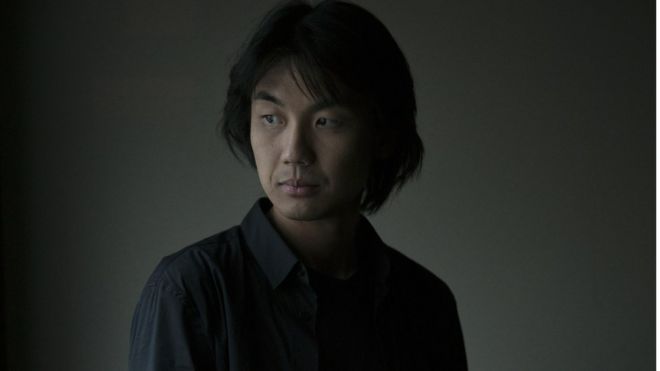
A Canadian reporter was barred from entering the US. Is this the beginning of the end of press freedom? Ed Ou is used to crossing borders frequently and without a hassle.
The award-winning Canadian photojournalist has spent the past decade travelling to the kinds of places where being in the media can be a hazard to your health: Iraq, Yemen, Somalia, Egypt and Turkey, to name a few. So when he booked a flight last October to the US from Canada to cover the Standing Rock pipeline protests in North Dakota for the Canadian Broadcasting Company, he was relieved to be somewhere with well known, press freedom.
"In my mind I had nothing to hide, (America) is actually one of the few places in the world where you can just say you're a journalist," he said.
But when he told US border officials at the Vancouver airport he was travelling to North Dakota to cover Standing Rock, he says they pulled him aside and proceeded to interrogate him for six hours. When he refused to unlock his mobile on the grounds that it contained confidential information about sources, ( Journalists always keep their sources of information confidential. It's an accepted practice.) they forcibly took his SIM cards and made copies of his reporter's notebook and personal diary. Then they barred him from entering the US.
Legal experts and free speech advocates have spoken out against his treatment at the border, and say America's press freedom laws don't stand a chance against a government that has grown increasingly hostile towards the press.
The American Civil Liberties Union, which is representing Mr Ou, and the Canadian Journalists for Free Expression have both condemned the incident. But according to the law, what happened at the US-Canada border is entirely legal.
Border officials have a right to search all property, including electronic devices, within 100 miles (or 165km) of any "external US boundary" without a warrant or reasonable grounds for suspicion.
According to a 2009 directive, sensitive materials such as "medical records and work-related information carried by journalists" receive no special-treatment outside of pre-existing federal laws and policies, which are weak at best, according to media law experts.
"Journalists in the US generally don't have to reveal their sources because the government doesn't seek them," says Floyd Abrams, who represented New York Times reporter Judith Miller in her efforts to keep a source confidential. But that's no guarantee. The Obama administration has pursued legal action against leakers such as Edward Snowden and Chelsea Manning, and has subpoenaed many journalists to try and get them to testify against their sources.
In 2015, Attorney General Eric Holder promised not to prosecute journalists for doing their job. But the directive he laid out in a departmental memo is a guideline and not a law, and it remains to be seen what will come of it as a new administration takes hold.
Lucy Dalglish, a lawyer who served with the Reporters Committee for Freedom of the Press, says the treatment of Mr Ou at the border is "outrageous" and says it reminds her of some of the complaints she heard from journalists immediately following 9/11.
"People should be able to come into this country and cover stories. The most troubling thing would be if they targeted him because he was a journalist," she says.
The Customs and Border Protection agency said it cannot comment on individual cases, but that people who feel they have been treated unfairly can complain to the Department of Homeland Security, which oversees border security.
For his part, Mr Ou says the issue of privacy and government surveillance isn't limited to the US. The Canadian spy agency recently admitted to keeping a database with people's information, and Montreal police admitted to spying on journalists phones.
"This is what an authoritarian regime would do, and I should know, because I've spent the last ten years covering them," he says.
What is happening to freedom of speech and freedom of the press in supposedly, a democratic North America?? Is this the harbinger of worse treatment we can expect in the future?? All of this fear, suspicion and stepping on constitutional rights traces it's beginnings, it's birth to 9/11. That tragedy and subsequent terrorist incidents have changed our whole way of life, our way of looking at each other and everything we stood for and were proud of.
No comments:
Post a Comment
Through this ever open gate
None come too early
None too late
Thanks for dropping in ... the PICs